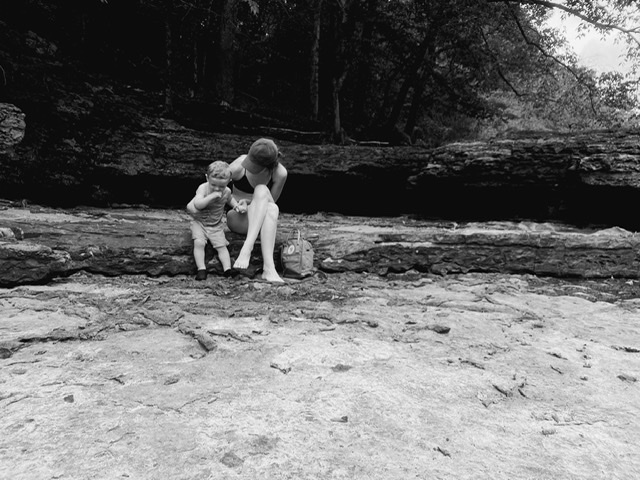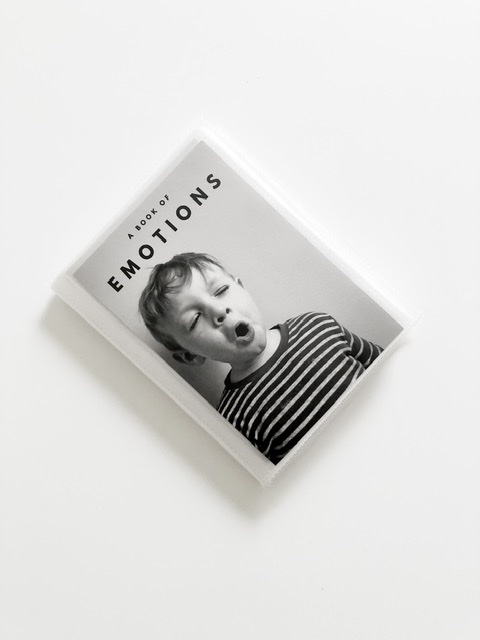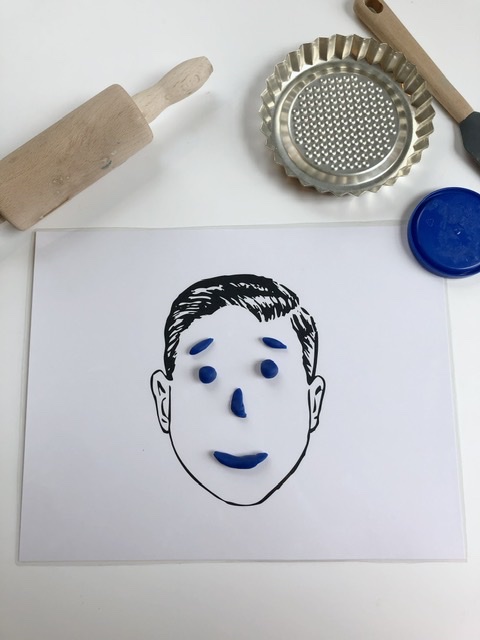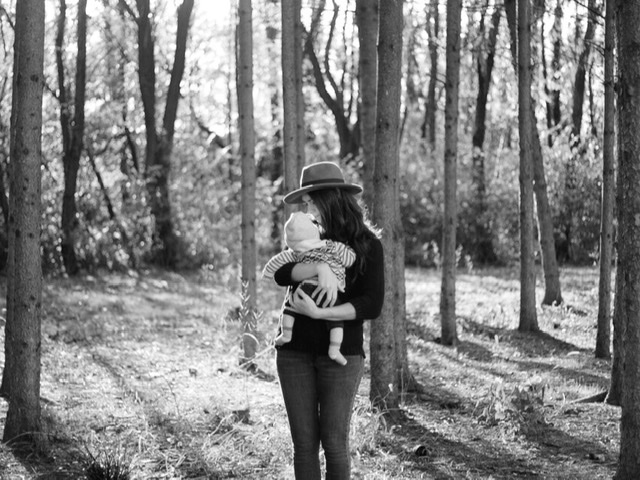
This series of thoughts on whole childhood began as a real time documentation of our learning process and reflections through our first year with Graham. I felt so overwhelmed from the beginning that I would fail him unintentionally by my simple lack of knowledge in how to nurture his proper development.
I knew that I wanted to nurture the whole of him, equipping him with resources early on for connecting with his emotions and creativity and spirituality. I knew that I wanted to instill a love of learning and a heart of compassion. I knew that I wanted him to have an appreciation for nature and the physical world, as well as for his own physical body and capabilities. I knew that I wanted him to feel a sense of belonging and love without conditions. I knew that I wanted to instill the importance of listening, to himself and to others. I knew that I desired all of this in theory, but what I discovered very quickly was that I didn’t know how to make any of that happen in a practical sense. I felt at a loss for how to take my well placed wishes and usher them into reality.
How would I cultivate a life of all these things in real, actionable ways? What activities and life rhythms would create an environment that feeds and fuels every part of what it means to be human, not just the isolated parts society has latched onto as valuable? And how would I go about this in such a way that remained respectful of our little one, nurturing these values and guiding him, but respecting the unique, unplannable details of who he is? While the internet offers endless resources, I found that they rendered me more scatterbrained with an assortment of odd and end activities to add to an already overwhelming to do list.
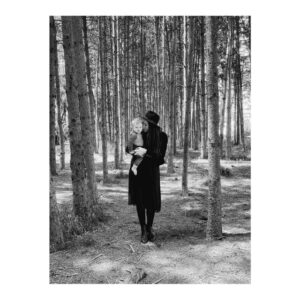
I needed a framework for thinking about all that I was learning and all that I wanted to share with Graham, a sense of order as a prerequisite to action. In an age of information overload, so many of my days just felt like they consisted of flitting about from one well intentioned activity to the next. And even if I happened to be nurturing his development, I wasn’t modeling what it looked like to be a healthy, whole person very well. There was definite discord between the example of myself and what I was aspiring to nurture within Graham. I desperately needed a cohesive way of thinking about raising a human in wholeness and something that was also sustainable long term.
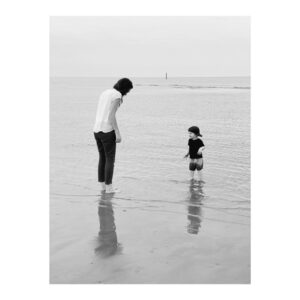
I began exploring the fundamentals of our humanity, seeking to better understand what it means to be human, and how to nurture life in every capacity. I found that many philosophers, anthropologists, psychologists, and sociologists overlap one another in their ideas that to be human involves physical, mental, spiritual, social, and emotional elements. There were of course both fewer categories and additional categories proposed, but these five components presented themselves with a fair bit of consistency, at least enough for me to consider them an entry point of sorts upon which I could build deeper understanding.
As someone whose upbringing was of heavy Christian influence, what I came to find with this truth was that it echoes a passage I had grown up hearing, “Love the Lord your God with all your heart, with all your mind, with all your soul, and with all your strength. And love your neighbor as yourself.” (Mark 12:29, paraphrase). This passage alluded to the same sort of structure: to be human is to be an emotional, mental, spiritual, physical, and social being. It’s perhaps an oversimplification in and of itself, but it’s been a pretty helpful starting point for us.
It’s given me the framework I was needing at the beginning. I obviously think that intelligence is important to nurture, but I also believe in nurturing creativity and depth and spirit with equal vigor. Physical milestones are of course exciting and essential, but I also wanted to celebrate emotional milestones with just as much excitement and pride. I wanted to nurture a person, not an isolated brain or body. And the recognition of these foundational categories was the beginning of this journey for me.
There are endless influences that go into the creation of each of us as individuals. There are nature elements and nurture elements. There are numerous personalities and their many permutations. There are those who are more inclined to overthinking and overdoing. There are those who aim to please and those who are strong willed. There are those more introverted and those more extroverted. There are visual processors and auditory processors. There are seasons of security and insecurity. We read different books and go different places and meet different people. And all of this is simply to say that we are wildly different. We experience the world differently. And so it’s a pretty impossible task to create some sort of universal curriculum for nurturing. What might be nurturing to some might be unnecessary and burdensome to others. This series will attempt to paint in broad strokes the importance of nurturing the whole of a human, but with the understanding that the particulars of what that looks like from person to person will vary.
It’s both the madness and the beauty of the human experience that we engage with and interpret the world so differently. My hope is that through this journey I can learn how to nurture a person who is capable of experiencing life as fully as possible. My hope is that I can grow to listen and respond to my child with the necessary encouragement for him to bring the whole of himself to the world, brave and secure. I hope that rather than facing the world with an endless, defensive reactivity that is currently in abundance, that he might be free and empowered to face the world with a spirit of grace, open receptivity, and a desire to participate in a way of life that is about mutual goodness.
As I’ve now written and rewritten and rewritten this post again for months on end unsure of what it wanted to be, but with urgency nonetheless, it seems necessary to clarify at the forefront what this is and what it is not:
It is not…a collection of concise how-to-raise-a-perfect-human articles, because that sort of work is not reflective of my journey and I wouldn’t have a clue how to write such a thing. I certainly understand the appeal of promising clear, absolute answers, but it would feel insincere to offer them because my experience has been a recognition of the endless variables at play in the parent/child relationship and in individual development. My experience has been that humans are complicated creatures and so I find it more effective to invite others to ask questions that realign them and draw them back to their own values, not to mine.
It is…an ‘argument’ for honoring all of the human experience, not just the parts we’ve decided are most useful and practical.
It is…a journey of reflection and questioning and curiosity and acceptance of the fact that the answers are likely slower than we’d like.
It is…an invitation to teach our children the beauty of living a life that embraces wholeness.
And it is…an invitation to remember and discover our wholeness alongside them as well.

Moving forward from here, we’ll explore each category:
- Nurturing Emotional Growth in Children
- Nurturing Spiritual Growth in Children
- Nurturing Mental Growth in Children
- Nurturing Physical Growth in Children
- Nurturing Social Growth in Children
Each post follows the same format of examining the importance of nurturing growth in that particular way, how to practice doing so, and some reflection questions to connect you back to your own life and values.
I’m grateful for your company on this journey.
Questions for Reflection
- What are some values I want to guide my own life? Does my life currently reflect them? If not, what might it look like to start living more value aligned and virtue driven today?
- What are some values I would want to guide my child’s life? Are they the same as my own? Why or why not? And what are some ways we might be able to practically invite these abstract values into our everyday lives?
- In stream of consciousness style, what is important to me to impart and nurture in my child? What are the top five?
- If I could do three things each day with my child to bond with and nurture them, what would they be?
- What are some things that I want to affirm in my child? What habits and rhythms will help to cultivate that knowledge?
